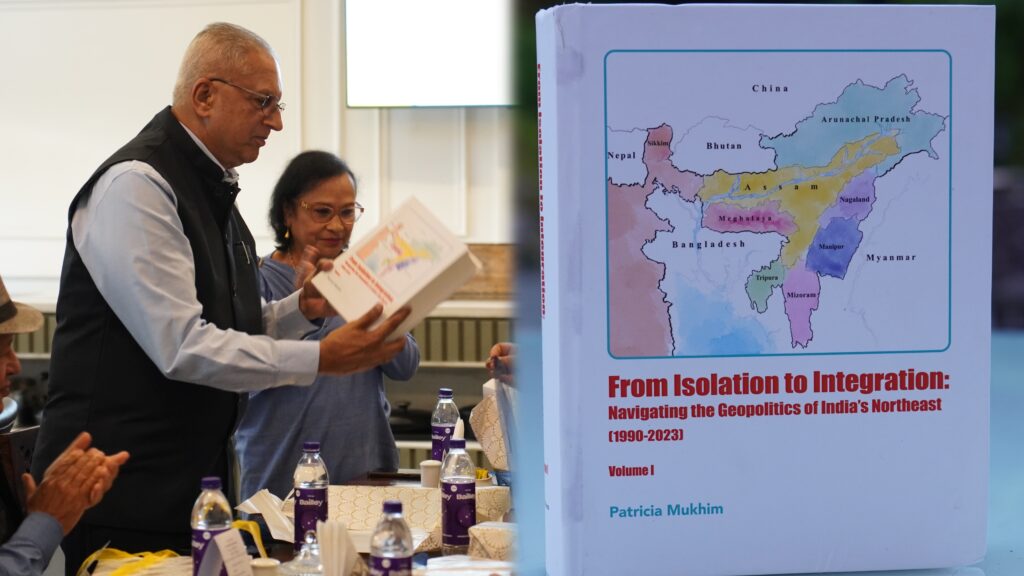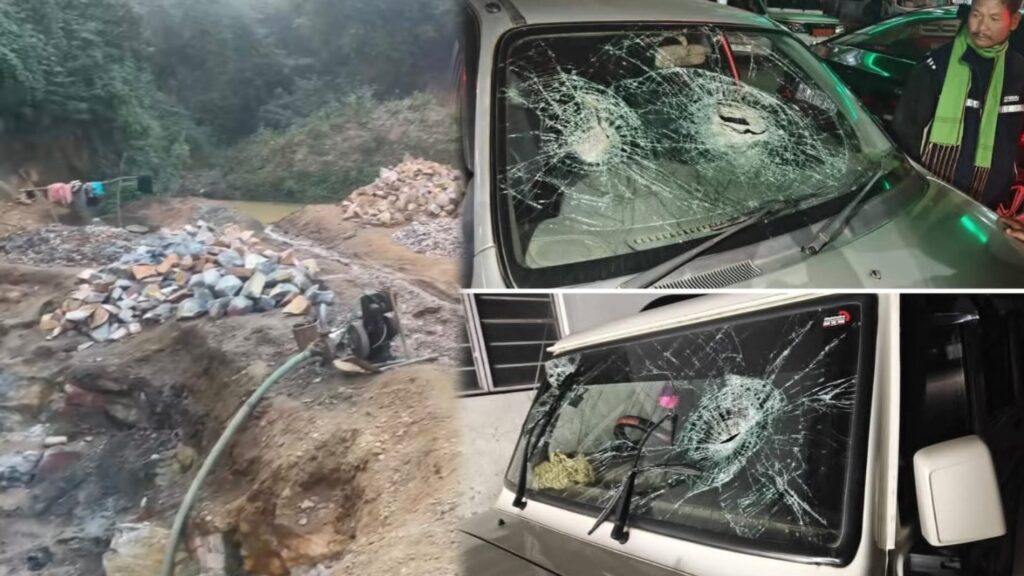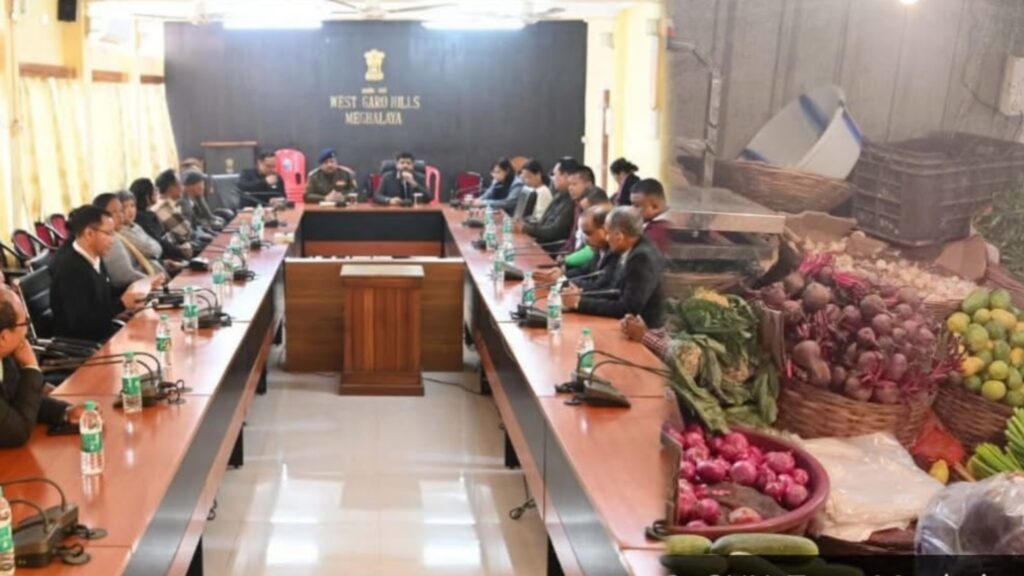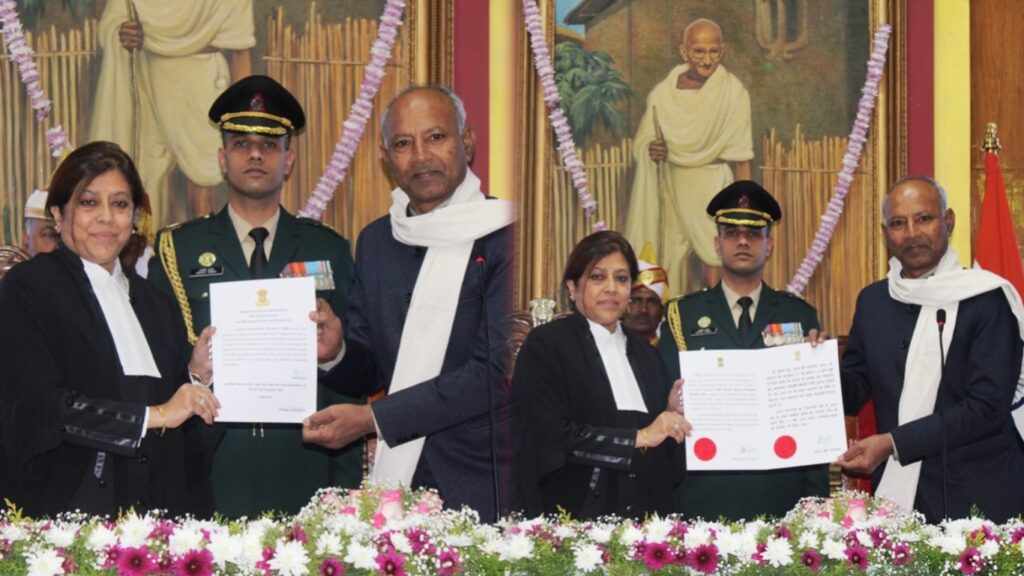Shillong, May 03 : Acclaimed journalist, editor of The Shillong Times, and tireless civil society activist, Patricia Mukhim brings a probing lens to her latest book, “From Isolation to Integration: Navigating the Geopolitics of India’s Northeast 1990–2023”. Drawing on decades of frontline experience, Mukhim assembles an epochal work that shapes a conclusive view of one of India’s most misunderstood and marginalized regions.
Published by Martin Luther Christian University Press, this landmark two-volume set is not just a regional chronicle but calls for a national imperative of understanding and action. The collection of articles, written over three decades, is an unflinching account of how India’s Northeast continues to be an embattled geographic entity, suffering from political neglect, and cultural invisibility, even in post-Independence India.
The book opens with a resonant question Mukhim first asked in 2005: “Where is this Northeast?” Seventy-five years after Independence, the answer is still not clear to most mainlanders. Through incisive editorials, eyewitness reportage, and reflective analysis, the book lays bare the geopolitical complexities of the Northeast, mapping its trajectory from benign neglect and colonial legacies to statehoods wrought with continuing struggles with development, identity, and integration.
The book was released at The Royal Heritage Hotel by Gopal K Pillai, former Home Secretary, Government of India, who also wrote the foreword. In his remarks, he observed that, “Patricia’s life and work reflect challenges that people in the Northeast face daily. She is the conscience keeper of the larger community she represents as a journalist, and she has the moral authority that not even the most powerful can ignore.”
“Patricia’s work is as much a story as it is a scuffle, with history, with policy, and with a nation’s persistent amnesia about its own people,” says Glenn C. Kharkongor, whose introduction calls the book “a seminal body of work and a political commentary that will endure.”
From the evolution of Nehru’s Panch Sheel vision for tribal areas to the unsavoury legacy of the Armed Forces Special Powers Act (AFSPA), and from the rise of regional parties to the unfulfilled promise of the Act East Policy, Mukhim’s narrative is steeped in on-ground observation, joining of dots, and incisive analysis. Her direct engagement with community leaders, insurgents, bureaucrats, and ordinary citizens, often at great personal risk, brings authenticity and urgency to every chapter.
Mukhim has been targeted for her outspoken journalism with a petrol bomb attack on her home and a widely publicized legal battle that went all the way to the Supreme Court, where she was vindicated and press freedom upheld.
“I am not an outsider writing from a distance. I have lived, reported, argued, and marched in the streets of this region. This book is not a history of the Northeast, it is a conversation, and sometimes a confrontation, with what India has chosen to forget,” says Mukhim.
With essays spanning politics, insurgency, development, gender, and identity, the book not only answers the foundational question of the Northeast’s place in the Indian landscape, but demands that the rest of India answer as well.
The book is essential reading for policymakers, scholars, journalists, and anyone who wishes to understand the mosaic of India’s Northeast, not as a borderland, but as a vital and vibrant part of the nation.








